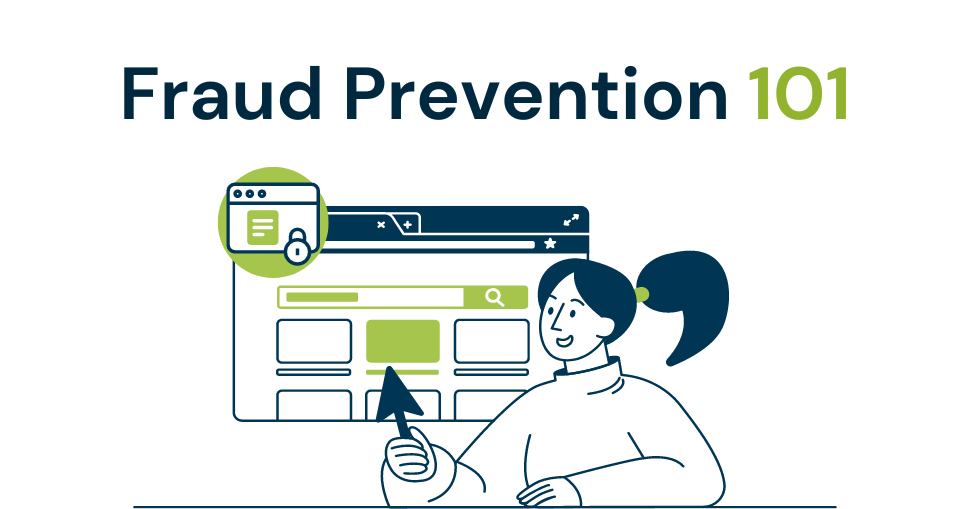[5-minute read]
By guest writer and Truevo growth marketer, Marlene Bramley
So you’re down at the pub and a great idea hits you right between the eyes. You mention it to your mate and he wants to come in with you. He starts looking at pictures of yachts. Your wife is over the moon, the family is excited. Congratulations, it’s a business!
Not so fast, Elon.
It’s like saying you’re going on holiday without having a destination: best you get one while you pack. A business plan will give you a roadmap for your business idea. It will clarify the nitty-gritty of how it will work, where it will be based, and a whole lot more.
Start at the beginning
Most business owners think they only need a business plan when they are looking for investments or loans. Not true. Today, most investors look at pitch decks when they are considering an investment, and banks demand a business plan before they grant any loans.
So why should you spend time and energy on a business plan? Well, you should have a plan to get yourself organised, see what your competitors look like, and know if your idea has viable commercial potential. That’s the bare minimum. If your idea is really worth dreaming of yachts, then you’d be best served by including some prototypes of your product, a marketing plan, what it will cost to get customers, and some financial statements to back up your lofty vision.
The Harvard Business Review says:
“It pays to plan. The real key to succeeding in business is being flexible and responsive to opportunities. Entrepreneurs often have to pivot their business once it becomes clear that their original customer is not the right customer, or when it turns out that their product or service fits better in an alternate market. Because of these realities, business plans written at the start end up nothing more than a fable.”
So the key is to plan, but to know how much time to spend on your business plan. Some companies spend a year or more sweating the details while the market changes around them and leaves them behind. In a post-Covid world, this is particularly true. Online markets, products, and competitors are shifting faster than ever before. Either you get on that horse, or you cry once it’s bolted.
Write Your Plan as You Develop
The best time to write your business plan is when you’re talking to people about your idea, developing your product, and thinking about your promotional and marketing plans. Your efforts will clarify what the opportunity is, who your potential customers are going to be, what your competitors look like, and how you will operate and make money. And don’t skimp on market research. In the end, if there’s no one interested in what you’re selling, what’s it all for?
Remember, your business plan is your roadmap. It should be a working document that you add to as you grow or pivot. You’ll make mistakes along the way – include them in your business plan because that’s the only way you can grow. Here are some tips from Truevo’s very own CEO to guide you as you think about how to develop your ideas.
Formats for Business Plans
If you Google “business plans”, you’ll find a host of sites that provide templates, downloadable links, and just about anything you might need to complete your business plan. Remember, you’re doing it for yourself so use a format that you will use in the day-to-day running of your business. Keep it simple and stupid (KISS) so that anybody can pick it up and know what you’re talking about. If you’re a visual person, design it. If you’re a wordsmith, write it. Most importantly, create something that you can share with people; be they new employees, potential investors, your bank, or your mother.
Choose the Right Business Model
Not all businesses are the same. Running a retail business in the brick-and-mortar world is worlds apart from running a click-and-order shop online. Even then, not all online stores are the same either; dropshipping is very different from a Business to Business (B2B) manufacturer for instance. Shopify publishes a blog that sheds more light on different online business models, how they work and who they are suited to. Head on over, it’s a valuable read. They also offer a business plan template suited to all the different online business model options on the blog that you can download and use. If you browse around you will also find some very insightful information on vision and mission statements and conducting a competitive analysis for your business. Also, have a look at these 21 Irish online entrepreneurs who are contributing to building the global online economy.
Resources for Great Business Plans
Let’s head over to Inc. In their blog they discuss and offer template downloads on seven different types of business plans, from Oprah.com’s one-pager to The Balance’s comprehensive and well-written guide to building your business plan. Local Enterprise Ireland offers downloadable templates on their page that will help you draw up your own plan. The site also offers a step-by-step guide on how to complete your plan and useful hints that can act as a guideline during the process.
Abby Hardoon, an internet entrepreneur and investor, publishes an informative blog on smallbusiness.co.uk where he provides links to various business plan templates and, in particular, some advice on business plans for franchises.
Lastly, you’ll find insightful advice, useful resources, and solid financial tips from our friends at Sage. Their blog offers business plans for food and drink companies, shops and retail stores, online and ecommerce companies, and professional services. They even discuss alternative funding methods like crowdfunding and government funding. Do yourself a favour and dig around, there are some real gems.
Once you’ve drawn up your business plan, make sure it’s dynamic. Take your predicted financials like cash flow, expense and income projections and measure them against your actual figures. Every year. See if you’re on track. Adjust. Pivot. Grow.
Did you learn something from this quick read? Do you want us to explore this topic in more detail? Tell us on social media: Facebook, Instagram, Twitter and LinkedIn.
P.S. Looking for a comprehensive payments solution that will get you paid anywhere, any time? Get Truevo. We can’t wait to connect with you.



